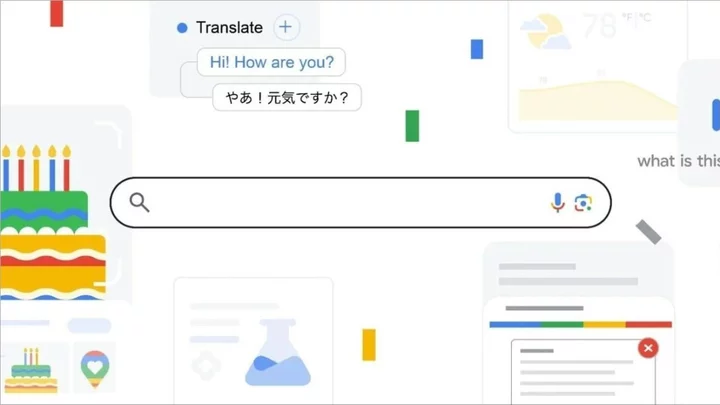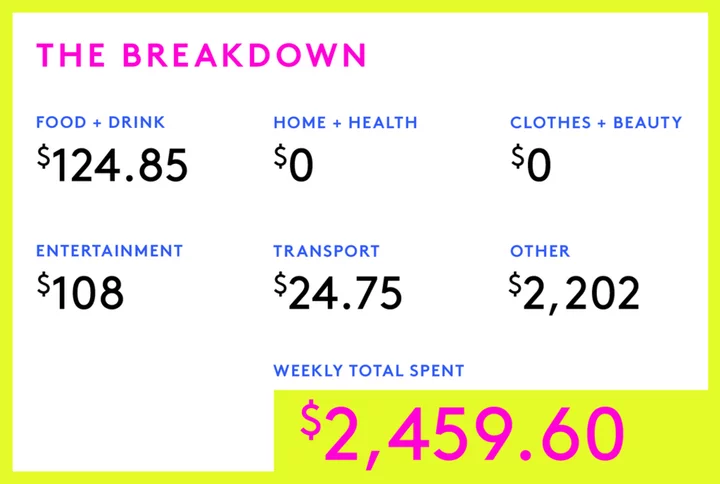Google this week expanded its new generative AI search results to 120 new countries and territories, its largest international expansion so far.
The company's "search generative experience" (SGE) shows an AI-generated summary of search results, with the intention of offering the user a summary so they don't need to click through several links. With SGE, the traditional blue links are pushed below the AI results.
Typical search result page with SGE beta enabled. (Credit: Google/Emily Dreibelbis)Google first released the product in the United States; it's available after signing up for the beta in Google's Search Labs. Japan and India got it next.
"So far, the vast majority of feedback in all three countries has been positive, and people are finding generative AI particularly useful for complex questions they wouldn’t typically think to search," Google says.
Some of the 120 countries that now have access to SGE include Mexico, Brazil, South Korea, Indonesia, Nigeria, Kenya, and South Africa. SGE is also now available in four new languages in addition to English: Spanish, Portuguese, Korean, and Indonesian.
However, with only five languages, it's unlikely that people in all 120 countries can actually use the product. The move signals Google's seriousness about AI-generated summaries as the future of search. In May, the company announced plans to eventually make it a permanent fixture on all search result pages, not just a beta for those who choose to sign up, though it has not confirmed when that will occur.
Also Coming to SGE...
Google Translate also gets an AI-flavored upgrade today. When a word may have multiple meanings such as "tie" (a shoe) and "tie" (a football game), a drop-down helps clarify which one the user intends to translate.
(Credit: Google)This is one way AI can improve translation software, by accounting for nuance rather than the literal translations that can trip up travelers; however the new experience is not yet available. It is "coming soon to the United States for English-to-Spanish translations, and we plan to cover more countries and languages in the near future," Google says.
Google also beefed up SGE's academic applications by adding a "new, interactive way to see definitions for educational topics—like science, economics, or history—on AI-powered overviews."
SGE also now prompts users to ask follow-up questions, moving away from a static AI-generated paragraph to a more fluid, ChatGPT-style conversation.
"We’ve learned from testing generative AI in Search that people appreciate the ability to ask follow-up questions, because it’s a more natural way to seek information or dig deeper on a topic," Google says. "Now, we’re experimenting with a new way for you to ask follow-up questions directly from the search results page."
It remains to be seen when and if SGE will replace Google Bard, the company's standalone chatbot. However, Microsoft has already integrated Bing Chat into its main search engine, and ChatGPT creator OpenAI announced enhancements to its AI model this week, so Google is no doubt feeling the pressure.









